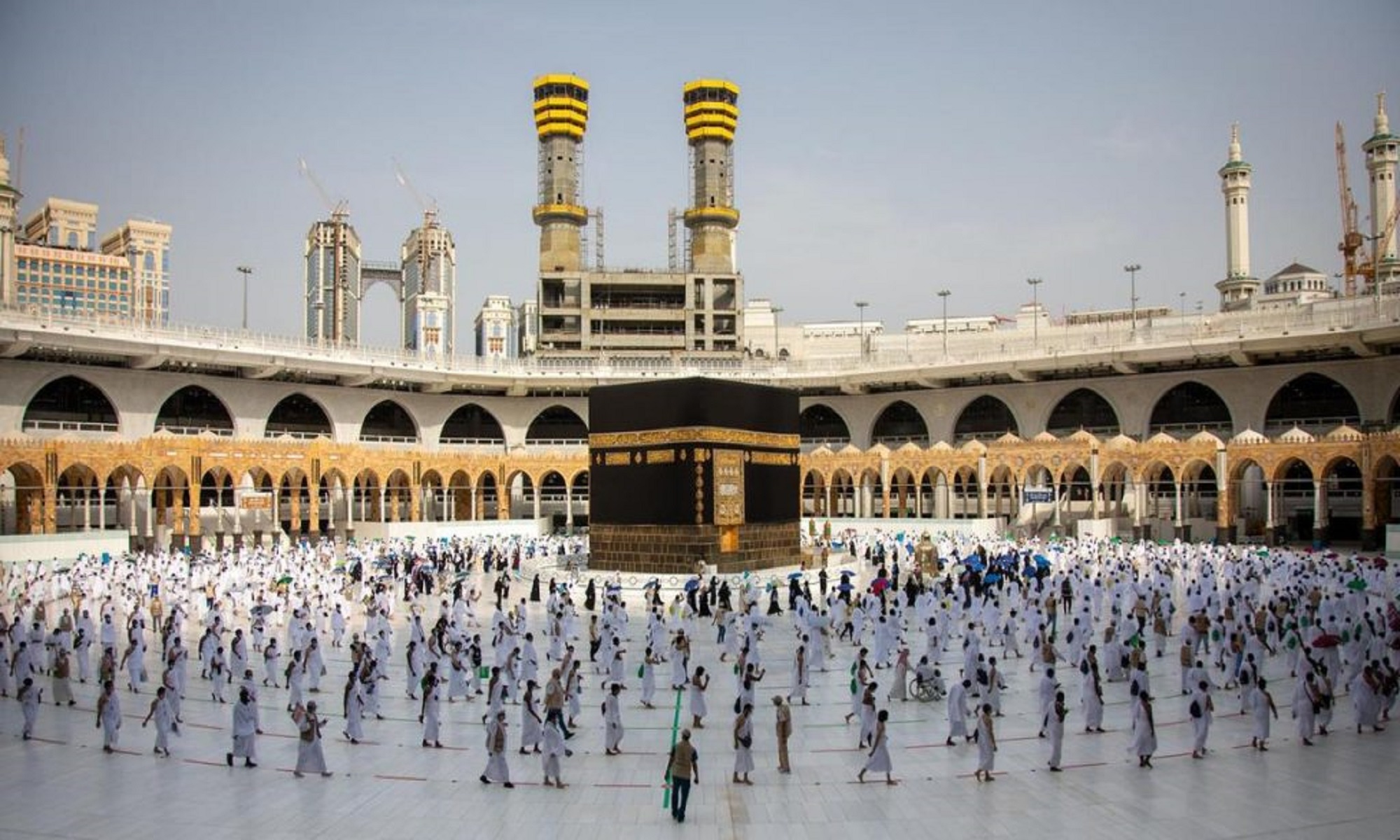Programme Nomenclature: National Innovation Diploma in Hospitality and Tourism Studies
Goal: The National Innovation Diploma in Hospitality and Tourism Studies is designed to produce middle level skilled and competent personnel capable of carrying out supervisory roles in the hospitality and tourism Industry.
Objectives: At the end of the programme, the diplomate should be able to:
1. Produce and supervise the preparation of indigenous and international dishes
2. Carry out costing, control and accounting in hospitality, Hajj/Tourism operations
3. Organise guest relation activities and service delivery in hospitality and Hajj/Tourism establishment
4. Carry out and supervise housekeeping and laundry operation
5. Organise and manage small and medium public entertainment and recreation
6. Organise small and medium indoor and outdoor functions
7. Guide tourists, pilgrims, guests and package tours
8. Organise and carry out accommodation operational activities in hospitality, Hajj/Tourism and related establishment
Entry Qualifications:
The general entry requirements into the National Innovation Diploma in Hospitality and Tourism Studies are:
- Post basic Education Certificate (Post JSS) with at least 5 credit levels pass in SSCE or equivalent. The subjects include: Credit pass in English, Mathematics and any three of the following: Chemistry, Biology, Agricultural Science, Health Science, Commerce, Economics, Geography, History, Home Economics, Catering Craft, Tourism Craft, Food and Nutrition. NTC and NVC in relevant trade areas.
- Unemployed or under-employed graduates looking for requisite employable skills.
- Employed graduates who desire relevant or additional skills.
Programme Structure and Duration
The National Innovation Diploma in Hospitality and Tourism Studies is a terminal programme and is structured to last a minimum of two years i.e four semesters and a maximum of four years. A total number of 1800 contact hours should be covered in any case before graduation. Modular certificates may be awarded at the end of a semester of 450 hours as stipulated by IEI standard.
Method of Assessment/Evaluation
There shall be available, a concrete proposal on how the students of the programme(s) shall be assessed/ evaluated. The assessment/evaluation shall cover areas of theory, practical and industrial training.
Guidelines on Work Place Industrial Training Experience Programme
In line with the core mandate of the Institute and the Industrial Training Fund (ITF) in providing the much demanded skills, trainees go for internship for cross exposure and experience at sectoral work place for 60 days or more. Placement Officers arrange for the trainees to be absorbed into the system. The trainees are assessed on monthly bases to ascertain how they blend knowledge and ability to exhibit skills and competence. Upon completion of the exercise, the trainees submit reports and log books on tasks or work done with shared experience. Trainees who fail to undertake this exercise will have to repeat it again.
The trainees/students for the NIDs shall have 480 hours industrial training per year. These hours can be staggered or taken in block. This is outside the practical experiences embedded in the curriculum. Facilities for this industrial training should be within the same locality and possibly the same vicinity with the institution. The training facilities should be functional, relevant and of acceptable industrial standard. The industrial training shall be done by daily log book recording and the report shall be endorsed on daily bases by the industry-based supervisor. Every student must have an industry-based supervisor
Projects
Final projects are carried out by students enrolled in IEI comprising physical production and supported by technical write-up
Condition for the Award of National Innovation Diploma
The conditions for the award of National Innovation Diploma include:
- Satisfactory performance of all the prescribed course work, which may include class work, quizzes, tests, recreation, travel and tourismand hospitality work etc.
- Satisfactory performance of all semester examinations.
- Supervised student industrial work experience.
- Satisfactory completion of final year project.
- Trainees should have completed a total of 1,800 guided learning hours for the four semesters credit units to qualify at this level.


